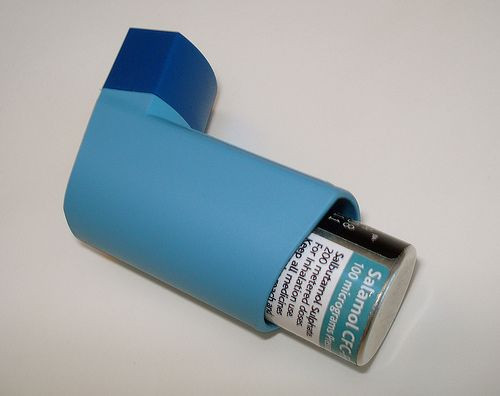
A study from Norway has suggested that menstrual cycle can affect women.
The authors studied almost 4,000 women and found that respiratory symptoms consistently change according to menstrual cycle and vary depending on body mass index, asthma and smoking status.
The women in the study had a regular 28 days menstrual cycle - nearly 29 percent smoked and 8 percent had asthma.
"Our finding that respiratory symptoms vary according to the stage of the menstrual cycle is novel, as is our finding that these patterns vary according to BMI and smoking status," lead author Ferenc Macsali said. "These relationships indicate a link between respiratory symptoms and hormonal changes through the menstrual cycle." The study had a few limitations, including the use of questionnaires to gather data and variation in the length of menstrual cycles in the study population, which may affect the accuracy of determining menstrual cycle stage."
According to Outcome Magazine, "Significant variations over the menstrual cycle were found for each symptom assessed in all subjects and subgroups. Reported wheezing was higher on cycle days 10-22, with a mid-cycle dip near the putative time of ovulation (~days 14-16) in most subgroups. Shortness of breath was highest on days 7-21, with a dip just prior to mid-cycle in a number of subgroups. The incidence of cough was higher just after putative ovulation for asthmatics, subjects with BMI ≥ 23kg/m2, and smokers, or just prior to ovulation and the onset of menses in subgroups with a low incidence of symptoms."
"Our results point to the potential for individualizing therapy for respiratory diseases according to individual symptom patterns," Macsali said. "Adjusting asthma medication, for example, according to a woman's menstrual cycle might improve its efficacy and help reduce disability and the costs of care."
© 2025 Latin Times. All rights reserved. Do not reproduce without permission.




